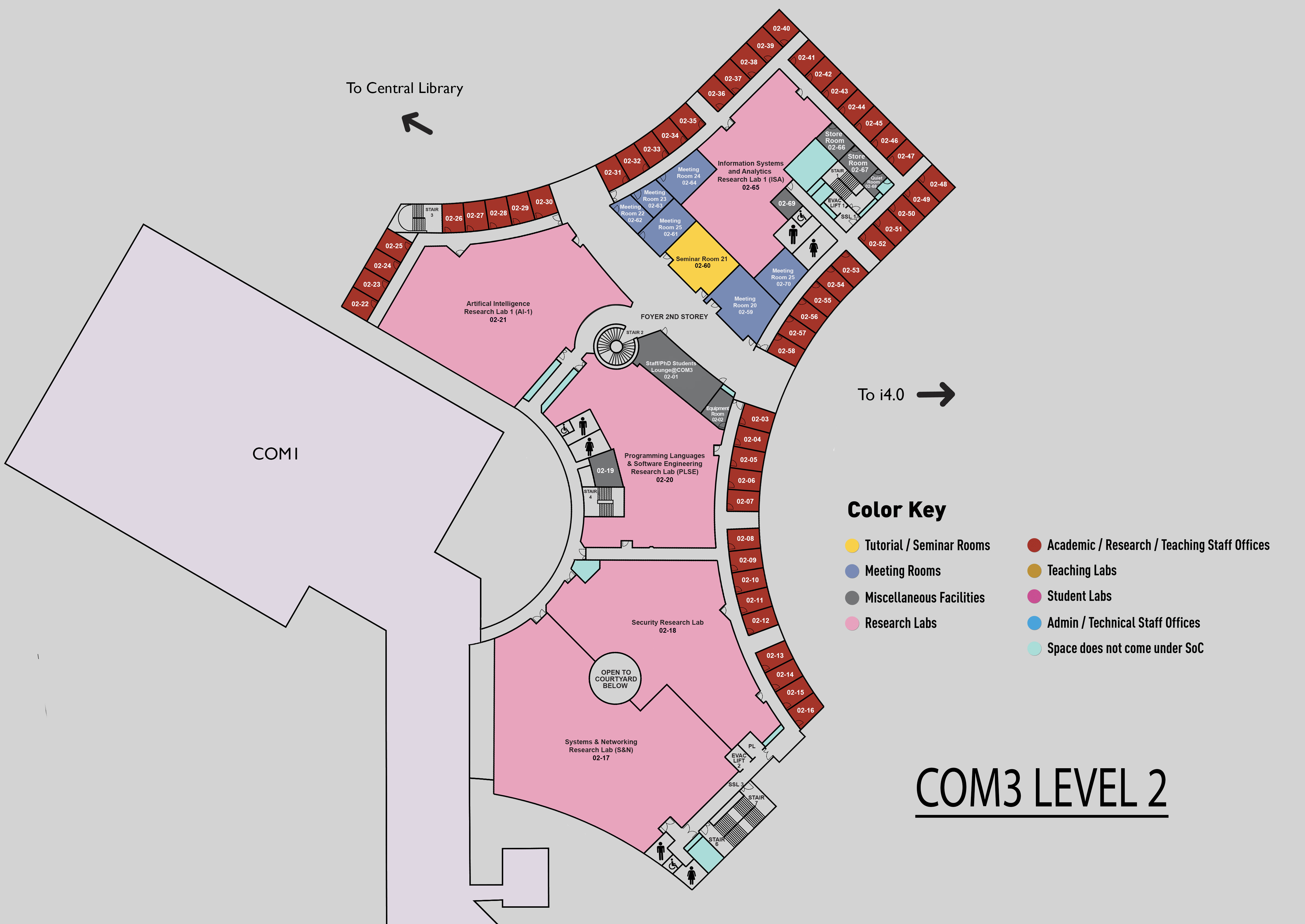6G Opportunities and Challenges: Energy, Trustworthiness, Coverage
COM3 Level 2
SR21, COM3 02-60

Important note: Please re-register through the link below:
https://forms.cloud.microsoft/r/Ed8mn2cRHw
Abstract:
As mobile networks evolved from voice and messaging in 2G/3G to video in 4G and beyond, traffic has grown explosively. Now, with the advent of AI, we are moving from text-based prompting again to a point of video, namely video and motion prompting—driving yet another surge in demand. How can we prepare, and how do we address the associated energy challenge? MIMO has helped, but is that enough? New opportunities lie ahead?
With 5G we introduced capabilities such as motion control for robots. In 6G, such features will become widespread, enabling consumer robotics. This raises new requirements: networks must be trusted at every level, from silicon to services. How can this be achieved? And to support these applications, we also need resilient, ubiquitous connectivity. The long-standing dream of 100% coverage remains—what technical paths could finally get us there?
Beyond challenges, we will explore emerging solutions that may inspire ideas reaching far beyond current thinking
In this seminar, we will have a panel discussion together with Prof Chan Mun Choon, Prof Biplab Sikdar and Dr Lim Hoon Wei.
This seminar is jointly organised by School of Computing and NUS-NCS Joint Laboratory for Cyber Security.
Biodata:
Gerhard P. Fettweis, is Vodafone Chair Professor at TU Dresden, and founding Scientific Director of the Barkhausen Institute. In 1990 he earned his Ph.D. under H. Meyr at RWTH Aachen. Thereafter he was postdoc at IBM Research, San Jose, and then joined TCSI, Berkeley, USA. He researches wireless communications and chip design, coordinates 5G++Lab Germany and the German Cluster-for-Future SEMECO. His team spun-out 20+ startups. Gerhard is member of the US National Academy of Engineering, the German Academy of Sciences (Leopoldina), the German Academy of Engineering (Acatech), and Fellow of IEEE, VDE/ITG, NAI, EURASIP, WWRF, and DATE.
Chan Mun Choon graduated with a BS in Computer and Electrical Engineering from Purdue University with highest distinction in 1990, MSEE in 1993 and Ph.D. in 1997, both from Columbia University. In Columbia, he was a member of the comet group and worked under the supervision of Prof. Aurel A. Lazar on large scale network emulation, network management and programmable network. From 1997 to 2003, he was a Member of Technical Staff in the Networking Research Laboratory, Bell Labs, Lucent Technologies. In Bell Labs, he worked on network management and wireless data transport over cellular network. His work in Bell Labs includes highly cited work on TCP/IP performance over 3G wireless links (MobiCom 2012) and a US patent on cache-based compaction technique that has more than 210 patent citations (US Patent 6,178,461). His current projects involve Programmable Network, Low Power, Energy Efficient Edge Computing, 5G Network and Network Anomaly Detection.
Biplab Sikdar is a Professor in the Department of Electrical and Computer Engineering at the National University of Singapore. He currently serves as the Head of Department for the Department of Electrical and Computer Engineering, and leads the $54 million Cisco-NUS corporate research laboratory. He received the B. Tech. degree in electronics and communication engineering from NERIST, North Eastern Hill University, Shillong, India, in 1996, the M.Tech. degree in electrical engineering from the Indian Institute of Technology, Kanpur, India, in 1998, and the Ph.D. degree in electrical engineering from the Rensselaer Polytechnic Institute, Troy, NY, USA, in 2001. He was an Assistant Professor from 2001-2007 and Associate Professor from 2007-2013 in the Department of Electrical, Computer, and Systems Engineering at Rensselaer Polytechnic Institute from 2001 to 2013. He is a recipient of the NSF CAREER award, the Tan Chin Tuan fellowship from NTU Singapore, the Japan Society for Promotion of Science fellowship, and the Leiv Eiriksson fellowship from the Research Council of Norway. His research interests include IoT and cyber-physical system security, network security, and network performance evaluation. Dr. Sikdar is a member of Eta Kappa Nu and Tau Beta Pi, and IEEE Distinguished Lecturer and ACM Distinguished Speaker. He has served as an Associate Editor for the IEEE Transactions on Communications, IEEE Transactions on Mobile Computing, IEEE Internet of Things Journal, and IEEE Open Journal of Vehicular Technology.
Lim Hoon Wei leads Cyber R&D and Special Ops at NCS Group and serves as Co-Director of the NUS-NCS Lab, driving cutting-edge research and the commercialisation of emerging cybersecurity technologies. As an Adjunct Research Associate Professor at NUS, he is deeply involved in scientific research and serves as a member of Singapore’s National Security & Privacy Standards Technical Committee.

